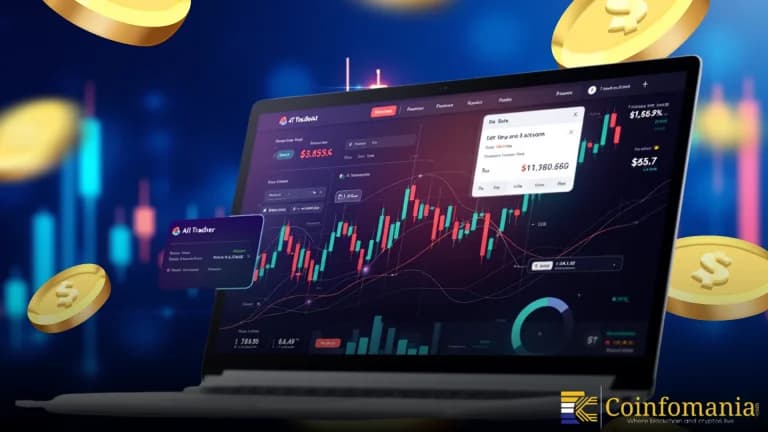Mango Markets Exploiter Faces 6.5-Year Sentence as Crypto Fraud Case Nears Final Chapter
U.S. prosecutors seek a 6.5-year sentence for Avi Eisenberg after his $110M Mango Markets exploit, marking a landmark crypto fraud case with major implications for DeFi regulation.

Avraham “Avi” Eisenberg, the man behind one of the most high-profile decentralized finance (DeFi) exploits in recent history, is facing a potential 6.5-year prison sentence after being convicted of fraud and market manipulation. The sentencing, now set for April 10, 2025, could mark a defining moment in how U.S. courts handle crypto-related crimes, especially those involving the growing world of DeFi.
The Exploit That Shocked DeFi
Back in October 2022, Mango Markets, a popular DeFi trading platform on the Solana blockchain, fell victim to a clever but devastating exploit. Eisenberg manipulated the value of the platform’s native MNGO token and associated futures contracts by trading between two accounts he controlled. In just under half an hour, he inflated the value of the token by 1,300%, creating artificial gains he could borrow against.
That manipulation allowed Eisenberg to drain roughly $110 million from Mango Markets in what he later described as a “highly profitable trading strategy.” Although he returned around $67 million after the Mango DAO negotiated a partial refund, the move didn’t shield him from criminal charges. In December 2022, he was arrested in Puerto Rico and has remained in federal custody ever since.
Conviction and Legal Firsts
In April 2024, a jury found Eisenberg guilty on three charges: commodities fraud, commodities manipulation, and wire fraud. It was a landmark moment, marking the first U.S. criminal conviction involving market manipulation on a DeFi platform. Eisenberg’s defense argued that his actions were legal, hinging on the idea that he simply used the code as intended — a concept often referred to in crypto circles as “code is law.”
But that defense didn’t hold up in court. Prosecutors repeatedly called his actions a con, arguing that Eisenberg knowingly misled the platform to create personal financial gain. The verdict set a strong precedent for future cases, showing that even in decentralized ecosystems, intentional manipulation won’t be excused under technicalities.
Sentencing and Ongoing Legal Battles
Although prosecutors could push for up to 20 years, they’re recommending 6.5 years as a fair sentence, noting the partial return of stolen funds and other mitigating factors. The sentencing has been delayed multiple times to allow for review of pre-sentencing reports and objections from both sides. Still, April 10 is expected to bring closure to the criminal side of the case.
But this may not be the end of Eisenberg’s legal troubles. Both the SEC and the CFTC have filed civil suits against him, though these proceedings have been paused until the criminal case wraps up.
Ripple Effects in the Crypto World
Eisenberg’s case comes at a time when regulators are increasing scrutiny over the crypto industry. From Sam Bankman-Fried’s FTX collapse to ongoing probes into stablecoin issuers, the message from authorities is clear: crypto doesn’t exist outside the law.
As DeFi continues to grow, this case will likely serve as a blueprint for how courts evaluate similar exploits. For now, Eisenberg waits behind bars — and the crypto world waits to see what kind of precedent his punishment will set.
Follow us on Google News
Get the latest crypto insights and updates.
Related Posts

Russia Redefines Crypto And Unlocks Court Powers To Freeze Bitcoin
Vandit Grover
Author

$15 BILLION Just Broke: RWAs Are Quietly Taking Over Crypto
Triparna Baishnab
Author

Prediction Markets Just Hit $3B — $10B by 2030? Crypto Bros Are Losing Their Minds
Triparna Baishnab
Author